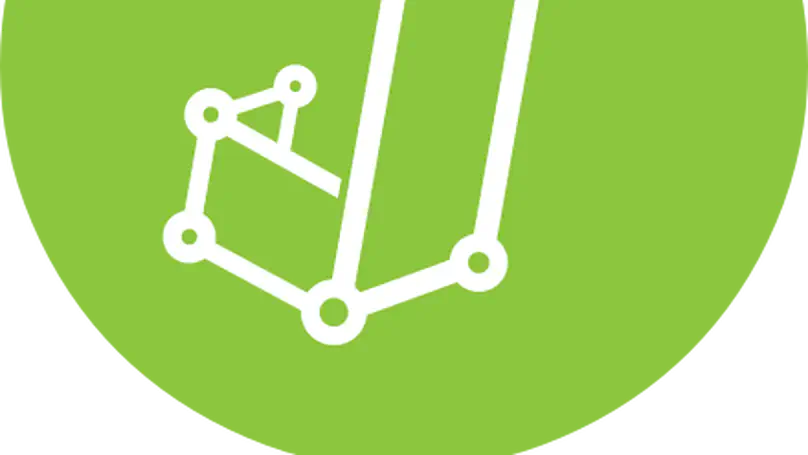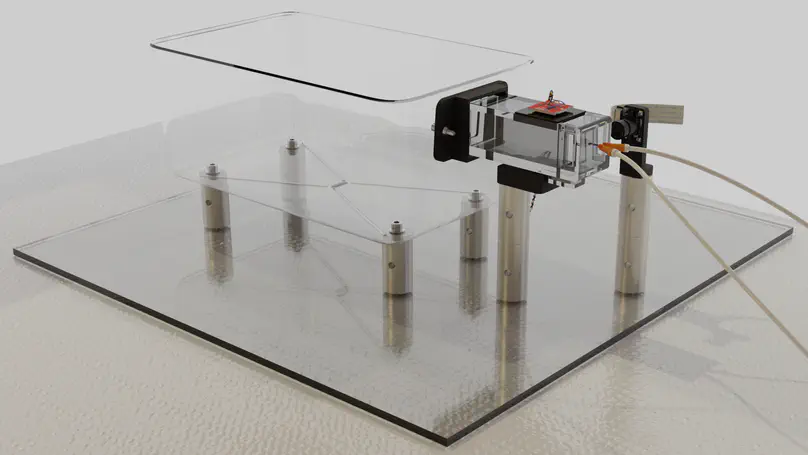Posts
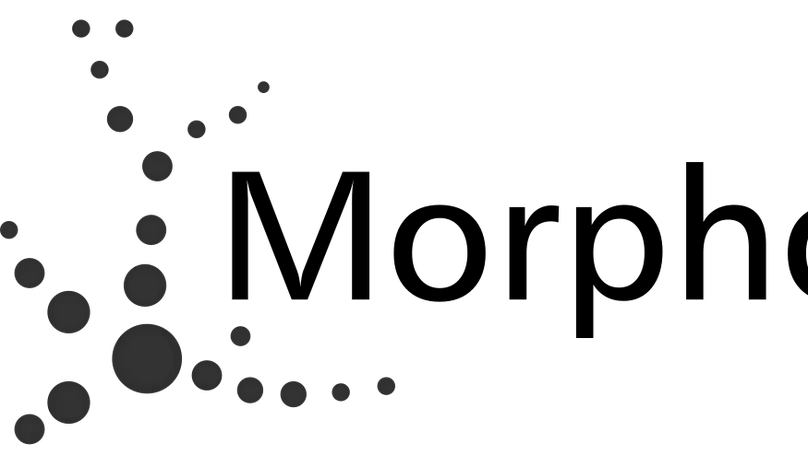
MorphoPy is an open software package written in Python3 that allows for visualization and processing of morphological reconstructions of neural data. It has been created to facilitate the translation from morphology graphs into descriptive features like density maps, morphometric statistics, and persistence diagrams for down-stream exploration and statistical analysis.
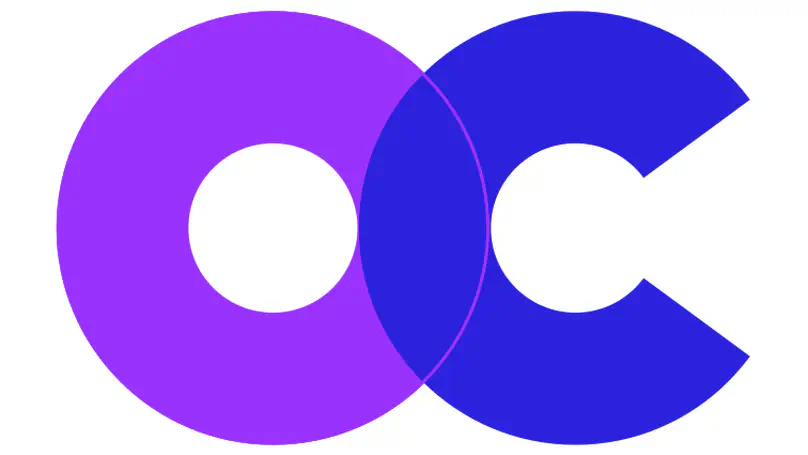
OpenCitations is an independent infrastructure organization for open scholarship dedicated to the publication of open bibliographic and citation data by the use of Semantic Web (Linked Data) technologies. It is also engaged in advocacy for open citations, particularly by organizing the Workshops for Open Citations and Scholarly Metadata, and in its role as a key founding member of the Initiative for Open Citations (I4OC) and the Initiative for Open Abstracts (I4OA).
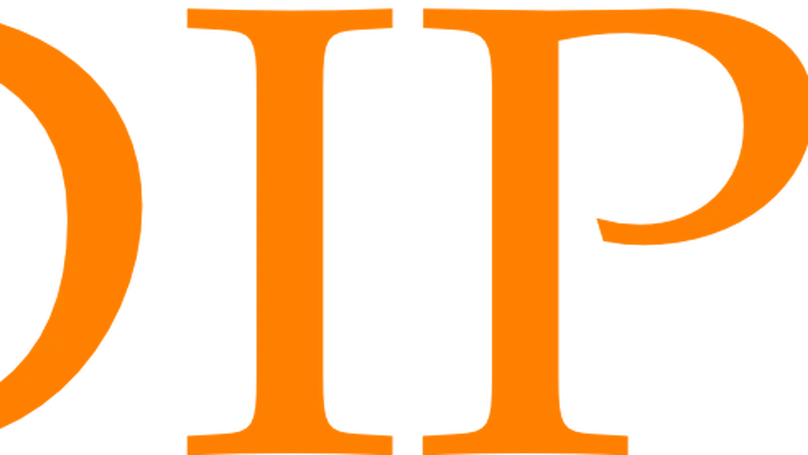
DIPY is the paragon 3D/4D+ imaging library in Python. Contains generic methods for spatial normalization, signal processing, machine learning, statistical analysis and visualization of medical images. Additionally, it contains specialized methods for computational anatomy including diffusion, perfusion and structural imaging.
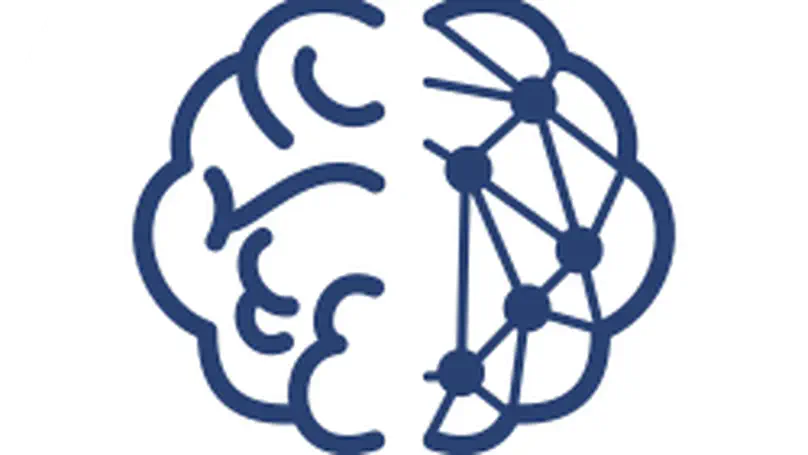
NeuroFedora is an initiative to provide a ready to use Fedora Linux based Free/Open source software platform for neuroscience. We believe that similar to Free software, science should be free for all to use, share, modify, and study.
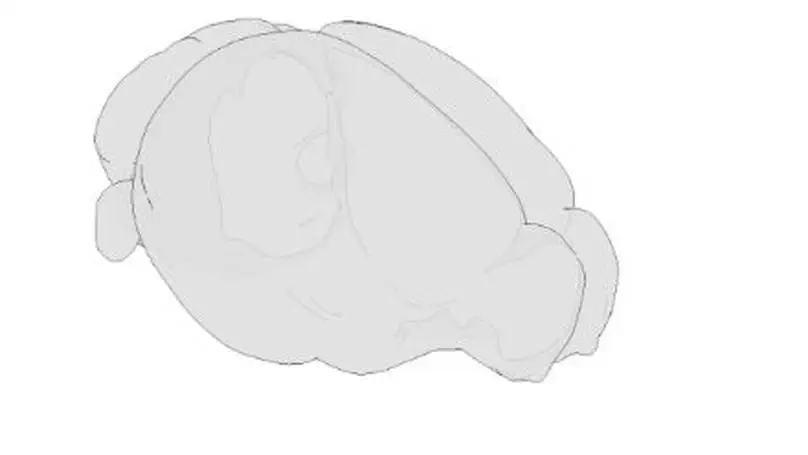
Many excellent brain atlases exist for different species. Some of them have an API (application programming interface) to allow users to interact with the data programmatically (e.g. the excellent Allen Mouse Brain Atlas), but many do not, and there is no consistent way to process data from multiple sources.
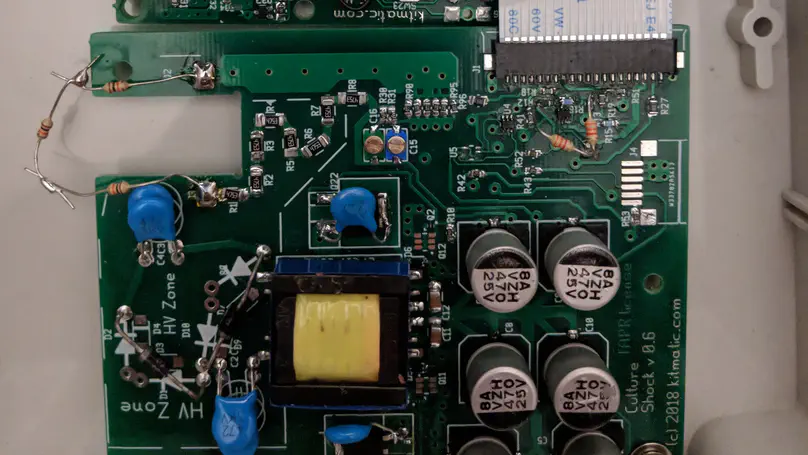
Culture Shock is an open-source electroporator that was developed through internet based collaboration, starting on the DIYbio Google Group. It is an evolution on the traditional capacitive discharge circuit topology, instead using pulsed induction to enable a programmable waveform as well as reduce the size, weight, and cost of the equipment.
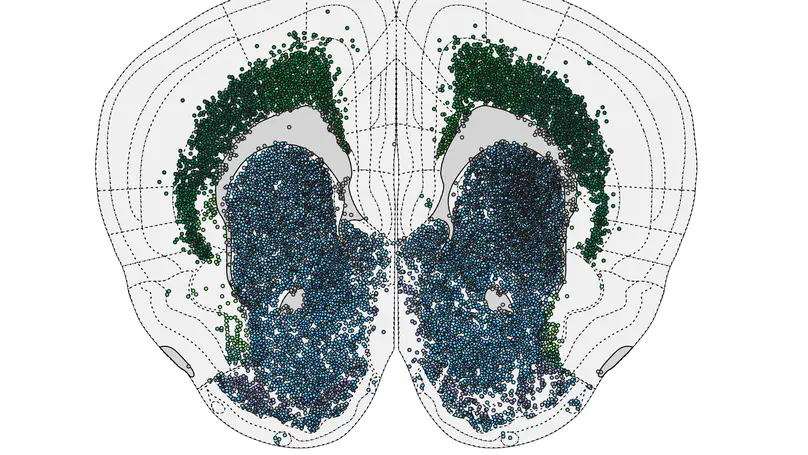
WholeBrain is a software to create anatomical maps. With a code base in C/C++ with wrappers to R and JavaScript/WASM. The purpose of WholeBrain is to provide a user-friendly and efficient way for scientist with minimal knowledge of computers to create anatomical maps and integrate this information with behavioral and physiological data for sharing on the web.
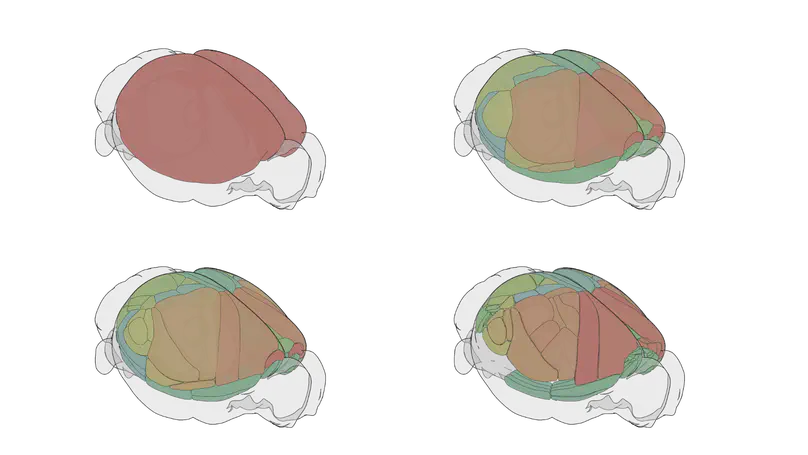
brainrender is a python package for the visualization of three dimensional neuro-anatomical data. It can be used to render data from publicly available data set (e.g. Allen Brain atlas) as well as user generated experimental data.
